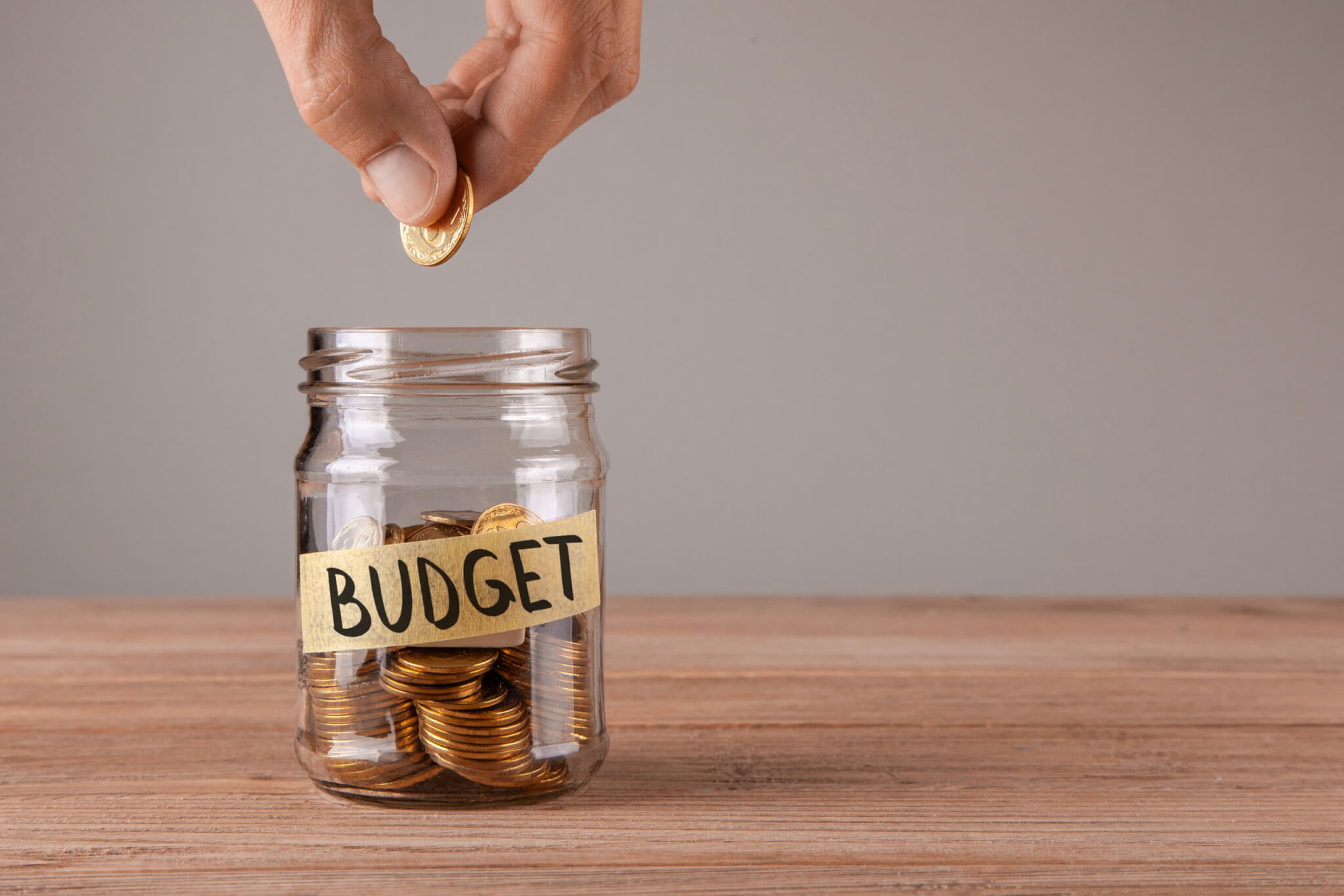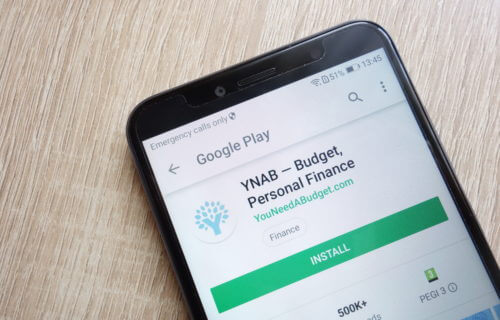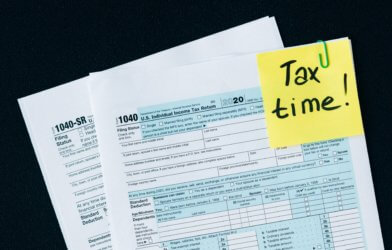In an era where financial management is key to achieving financial goals, the search for the best budgeting apps has become increasingly crucial. As individuals strive to take control of their finances, these apps offer user-friendly interfaces and powerful features to help users track expenses, set savings goals, and gain valuable insights into their spending patterns. From intuitive budgeting tools to expense categorization and real-time transaction tracking, this article explores the best budgeting apps that empower users to navigate their financial journey with ease and efficiency.
It happens to all of us: we spend and soon wonder where our money went. It’s as if our bank account has a slow leak. It’s helpful to see where the money goes but relying on our mind’s eye isn’t ideal. Mental tracking isn’t a reliable form of budgeting. This is where the use of a budgeting app is helpful.
The ability to create and separate expense categories and to see down to the cent where money is going allows for better money management. A good budgeting app will set up multiple expense categories so that you can better direct your funds. Not only that, but you may want an app that connects to your financial institutions so that numbers are updated in real time giving you an accurate financial picture each time you open the app.
Ready to strategize your spending? Here is the list of the consensus best budgeting apps most recommended across 13 financial expert reviews. Of course, we want to hear which app works best for you. Comment below to tell us which budgeting app has helped you master your money!

These Budgeting Apps Will Save The Day… and Your Money
1. YNAB (You Need A Budget)
YNAB aims to “change your money mindset” according to their website. Their philosophy is based on four rules:
- Give Every Dollar a Job
- Embrace Your True Expenses
- Roll With the Punches
- Age Your Money.
Their website explains each of these rules in detail, but they tout their app as being like no other budgeting app. Investopedia likes how you can sync the app to your bank accounts, import from a file, or manually enter each transaction you make. They provide video courses, live workshops, and guides to help you get started. This may be a good option if you want to plan ahead rather than see your financial picture after the fact.
If you’re looking for an app to download and start using right away this may not be the one. The Ascent warns that there is a greater learning curve and more of a time commitment required for YNAB. That is for a reason, though. It is geared for people who truly want more control over their money. If you struggle with debt or living paycheck to paycheck, the reward may be worth the initial effort.
2. Personal Capital by Empower
If you’re looking for an app that, in addition to budgeting, also focuses on investments and saving for retirement, this may be the one.
Forbes thinks highly of this app, writing, “Personal Capital earns the top spot on our best budgeting apps list for its outstanding reporting options, desktop capabilities, investment management platform and spending tracking. Owned by Empower Retirement, Personal Capital gives a holistic view of customers’ entire financial picture, from day-to-day spending to tracking portfolio performance.” And for more about the investment features of the app, they write, “it also has excellent advisory tools, including an investment checkup, investment fee analyzer, financial planning, cash flow tracking, education cost planning and real time net worth tracking.”
Not all budgeting apps will connect to brokerage or retirement accounts, but not to worry with this app. ZD Net loves the exclusive Retirement Planner tool that helps you view your 401K, IRAs, and any debt you have. With this app, everything is in one place.
So, with this app you can be sure that bills are covered while also paying down debts and saving for retirement. Not too bad for a free app that also offers a desktop version.
3. PocketGuard
According to their website, PocketGuard is the top budgeting app for college students and over-spenders. If you’re a person that gets hit with overdraft fees, this may be a good app to consider. The free version of this app offers basic budgeting, but if you want more features you’ll have to upgrade to the paid premium version.
And how does the app work? It takes you estimated income, expenses, and saving goals into account. Then with the “In My Pocket” feature, it shows you how much you should be spending everyday, according to CNBC.
If you’re looking for plug and play, this may be the app. The Balance likes how easy it is to set up and connect to your accounts. And for some great features: “PocketGuard even has a feature to help you track each individual bill and find opportunities to save. It looks out for recurring bills from phone, TV, and Internet companies, which may help you to find cheaper options. It can also help you find subscriptions you forgot you had and give you ideas of what you might want to cancel,” writes The Balance.
4. Goodbudget
This app brings an old school method into the digital age. It uses an “Envelop Budgeting” method where your money gets divided among different expense categories or “envelopes.” This way you have money set aside for specific expenses and the money in those envelopes can only be used toward the expense for which they were created.
And according to Money, this app links to saving, checking, or credit card accounts, loans, or investment accounts, making it effortless. You can even share your budgets and upcoming bills with friends.
There is a free and paid version of this app. Nerdwallet writes, “Goodbudget offers a free version that allows one account, two devices and limited envelopes. Its paid version, Goodbudget Plus, allows unlimited envelopes and accounts, up to five devices and other perks.”
So, if you’re a little old fashioned but not too old fashioned to use an app, this one may appeal.
5. Honeydue
“Honeydue is the only tool we’ve seen to help seamlessly manage money together.” – Apple, 2018. https://t.co/ZKQbYU2C80 pic.twitter.com/VHkbMsHGuL
— Honeydue (@gethoneydue) February 1, 2018
Honeydue is a free app made specifically for couples. It allows communication between partners within the app to ensure bills are paid on time. This may be a good way to keep your finances and relationship healthy, especially because money can be a big argument starter for many. Forbes assures that Honeydue aims to help couples be more financially transparent with each other.
If you still prefer to retain some privacy, this app allows you to selectively share. According to Business Insider, the app shows your individual and shared finances in one place. You can also set limits to what your partner can see, so there is some semblance of privacy.
Where many couples don’t have time to sit and catch up, let alone work through financial spreadsheets, this may be a convenient option to share in financial responsibilities while on the go.
You may also be interested in:
Sources:
- Nerdwallet
- Forbes
- Investopedia
- CNBC
- Business Insider
- The Balance
- ZD Net
- Money
- The Ascent
- PocketGuard
- YNAB
Note: This article was not paid for nor sponsored. StudyFinds is not connected to nor partnered with any of the brands mentioned and receives no compensation for its recommendations. This article may contain affiliate links in which we receive a commission if you make a purchase.




I feel really enthusiastic at first, but then breaking my expenses into categories turns into torture! And it doesn’t help I deal with financial/trading content on everyday basis as a copywriter. What does help is to specify the approximate amount of money I can spend in a shop per visit, and then stick with it.
List fails without EveryDollar.com.
A budgeting app is not enough. You can easily create a comprehensive financial plan with a tool like The Complete Retirement Planner. Easy to use, very thorough, with clear year by year outputs. Then you will really know where you stand and how to proceed.